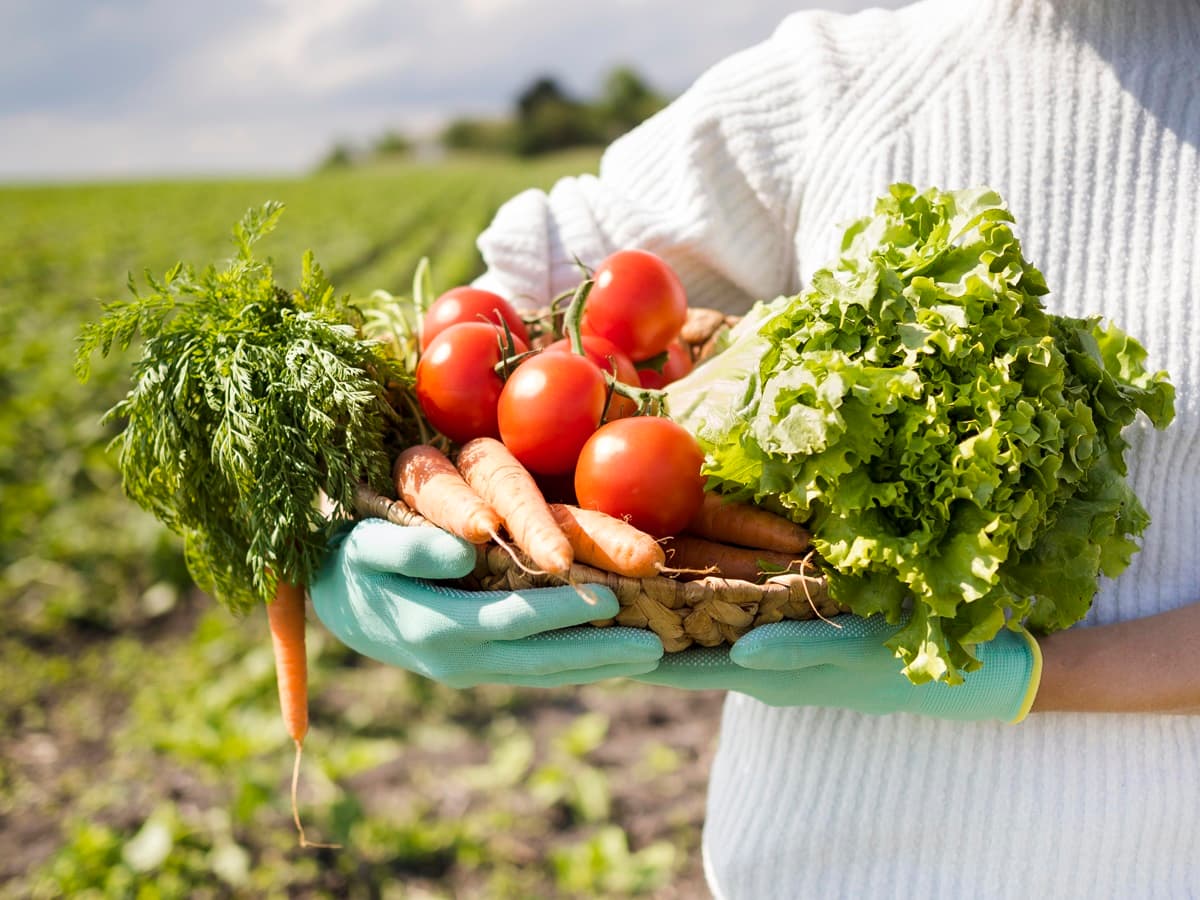Share this @internewscast.com

Climate-led weather changes are also expected to have an impact on crop quality, thereby impacting their nutritional value. Thus, incorporating nutrition and health policies at the upcoming COP sessions is of paramount importance in fast-tracking the global progress towards accomplishing the Sustainable Development Goals by 2030.
The 2023 United Nations Climate Change Conference, better known as COP 28, observed its first-ever Heath Day on December 3rd, 2023, in collaboration with the World Health Organisation (WHO). The move, defining the synergy between climate change and its impact on health, has been appreciated by all countries. The COP28 UAE Declaration on Climate and Health saw an overwhelming participation of 124 countries dedicated to protecting people’s health from the adverse effects of climate change. While the initiative paves the way for tackling pressing health concerns, the imminent focus is necessary to explore the potential impact of climate change on nutritional profiles. This becomes significant from a two-fold perspective: adequate nutrition has a structural impact on the broad health profile and disease vulnerabilities of citizens, and at the same time, climate-led weather changes are also expected to have an impact on crop quality, thereby impacting their nutritional value. The battle against climate change is a literal race against time, where every neglected second adds to the hardships of the future.
Impact of Climate Change on Nutritional Quotient of the Crops
Four crops account for about half of global primary crop production: sugar cane, maize, wheat, and rice. Over the past few decades, extensive research on the variation in nutrition values of these crops has indicated the potentially devastating impacts of climate change on how we consume food today.
Research shows that when exposed to elevated levels of CO2 at levels predicted for 2050, plants lose nearly 10% of their zinc, 8% of their protein, and 5% of their iron.According to one projection, the increasing concentrations of CO2 in the atmosphere can reduce the global availability of dietary protein from 2.9% to 4.1%, iron from 2.8% to 3.6%, and zinc from 2.5% to 3.4%.
Additionally, access to safe drinking water a fundamental human right, remains a looming concern: according to a report published by UNICEF in 2019, nearly 785 million people do not have access to basic water services. Inadequate access to clean drinking water also poses severe concerns of malnutrition, specifically amongst children and marginalised populations.
Several studies have indicated the synergetic relation between undernutrition and diseases, noting that over 8 million preventable deaths each year are estimated to occur due to malnutrition-related diseases. Diets play a pivotal role in establishing this link between undernutrition and diseases. Unhealthy diets are estimated to cause 11 million deaths every year globally and they are related to 6 out of the 10 risk factors for the global burden of disease.Therefore, it is essential to strengthen sustainable food systems to ensure healthy diets for everyone. As Dr Tedros Adhanom Ghebreyesus, Director-General of the World Health Organization, pointed out,
“Food systems contribute to over 30% of greenhouse gas emissions, and account for almost one-third of the global burden of disease. Transforming food systems is therefore essential, by shifting towards healthier, diversified and more plant-based diets.”
Climate Change: A Race Against Time
This year’s COP Summit witnessed progressive commitments across climate change from the participants, where several declarations were signed to accelerate the battle against climate change adversities. One billion dollars in financing commitments have been announced by multiple towards the mitigation of climate change-induced health challenges via deadly infections and vector-borne diseases, along with the transformation of climate-resilient health systems.
The Summit’s commitment towards developing climate-resilient agricultural techniques and food systems also highlights the dire need to prioritise food security and nutrition, where indigenous communities, children, and women often bear the brunt of malnutrition and weakened immunities.Research indicates that between 2030 and 2050, over 250,000 additional deaths are estimated to be caused due to the impact of climate change, including undernutrition, malaria, heat stress, and diarrhoea.
Way Forward
Currently, less than 12% of national policies worldwide consider climate, biodiversity, and nutrition.Going forward, global platforms such as the upcoming COP summits must leverage their platform to draw further attention towards the dire impact of climate change on the nutritional profiles of individuals.
The newly introduced Diet Impact Assessment (DIA) modelling tool, launched by the WHO EURO, aims to enable member states to analyse the dietary changes in their regions via assessment of changing consumption trends, diet costs, and avoidable deaths, along with the environmental impact on the agricultural processes. It is imperative to ensure that the member states formulate actionable strategies basis the analysis via the DIA and enhance their populations’ nutrition intake.
To help national policymakers and decision-makers prepare National Adaptation Plans, the Food and Agriculture Organization has developed the COP28 Food, Agriculture and Climate Action Toolkit. It showcases examples of NDCs and provides an overview of existing initiatives, platforms and tools that governments can use for preparing NDCs.
Commitments from the government are essential, but other stakeholders also have a role to play. COP28 saw over 200 Non-State Actors sign a Call to Action calling for the transformation of food systems for people, nature and climate. These Non-State Actors included businesses, civil society, philanthropies, consumers, cities and farmer coalitions. Each endorser also put forward their Statement of Action, to describe how they would contribute to this shared agenda.
The COP 28 Summit was extensively fruitful in determining the priorities for tackling climate change, including financial investments and groundbreaking research projects to develop climate-resilient policies. However, incorporating nutrition and health at the upcoming COP sessions is of paramount importance in fast-tracking the global progress towards accomplishing the Sustainable Development Goals by 2030.
This article is written by Ms. Archana Sinha, the Co- Founder & CEO of Nourishing School Foundation.










